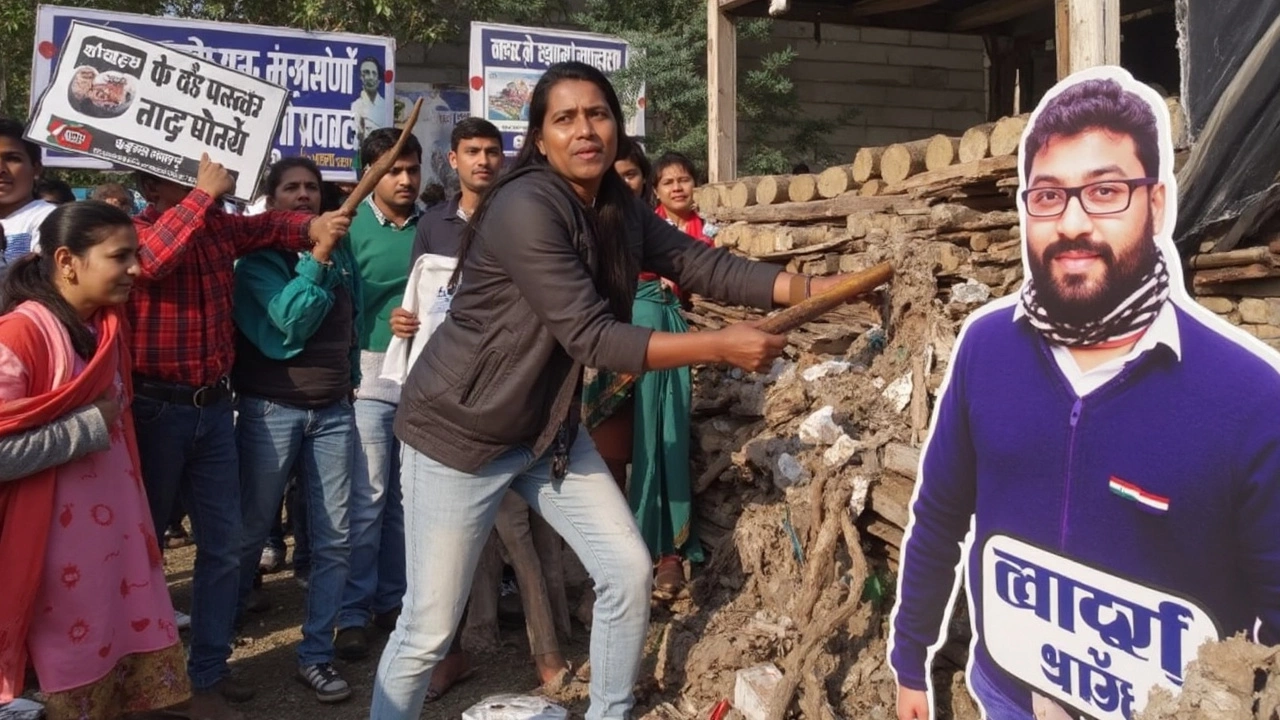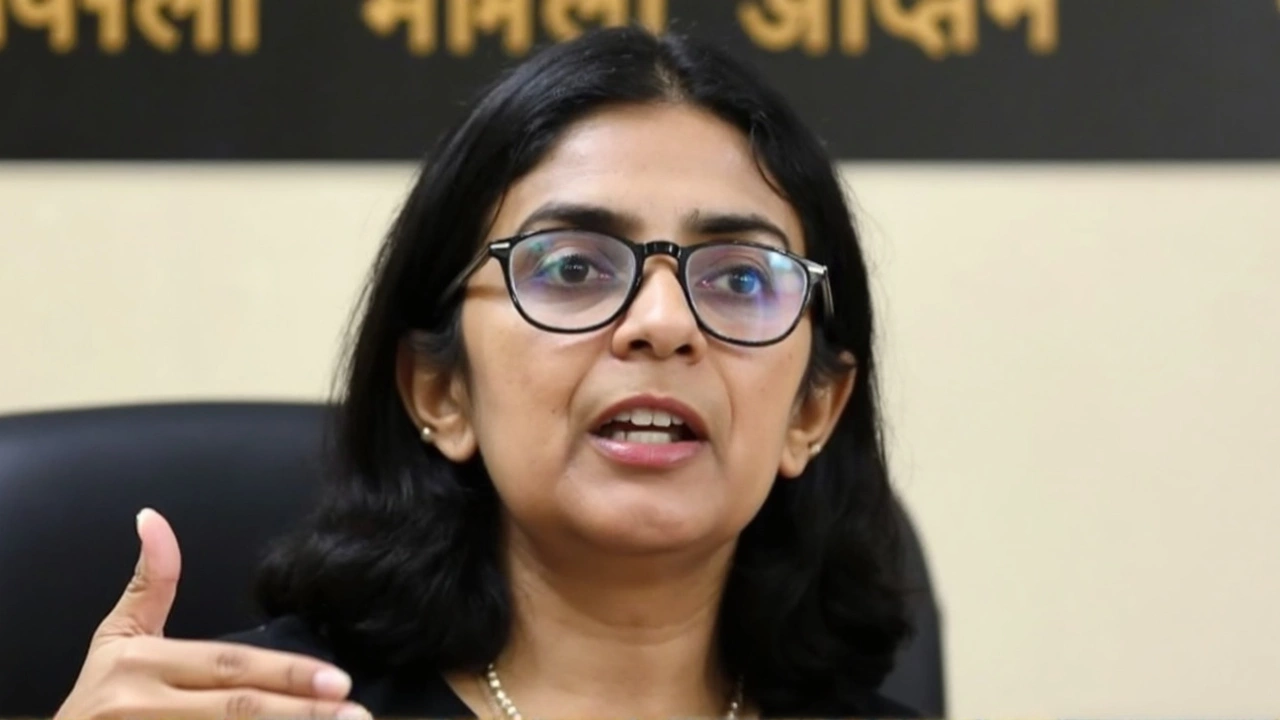Swati Maliwal's Influence Shakes AAP in 2025 Delhi Elections
 Feb, 9 2025
Feb, 9 2025
Swati Maliwal's Unexpected Political Impact
The 2025 Delhi elections turned heads not just because of the outcomes but also the surprising influence of Swati Maliwal. Formerly aligned with the Aam Aadmi Party (AAP), Maliwal transitioned from being a supporter to a formidable critic. Although she wasn't a candidate in the elections, her impact was unmistakable. Her public criticisms, especially targeting AAP and its leader Arvind Kejriwal, significantly swayed public opinion.
Swati Maliwal, a Rajya Sabha MP and ex-chair of the Delhi Commission for Women (DCW), leveraged her platform to address concerns that resonated with many voters. Her allegations against Bibhav Kumar, an aide of Kejriwal, accusing him of physical assault, marked a turning point. She claimed that Kejriwal was complicit in this incident, a charge that amplified over time.
Maliwal's critique wasn't limited to personal accusations; she highlighted broader governance failures under AAP. From mismanagement of water supplies to the city’s garbage woes, her relentless focus on these issues spoke to the frustrations simmering among Delhi's populace. Her symbolic reference to Draupadi’s 'cheer-haran' from the Mahabharata further intensified the narrative, a powerful imagery that underscored her dissatisfaction with how women's issues were handled by the party.

Resonating Criticism and Its Aftermath
In an age where public perception can shift swiftly, Maliwal's words struck a chord. Accusing Arvind Kejriwal of arrogance and critiquing his approach to systemic issues resonated with many voters who felt sidelined by AAP’s policies. These critiques were not in vain, as they likely contributed to AAP's noticeable setback in the elections.
Indeed, her activism has shed light on the vulnerabilities within AAP’s governance model. This isn't just a reflection of political dynamics but indicative of a broader shift in public sentiment. Voters seemed ready to reconsider their allegiance, influenced partly by Maliwal’s outspoken positions on inadequacies and corruption.
Even estranged from AAP, Maliwal’s presence in Delhi’s political sphere is undeniable. Her voice has elevated issues of governance, ethics, and leadership accountability, carving a niche for herself as a prominent voice of dissent. As Delhi navigates its changing political landscape post-election, one thing is clear: Swati Maliwal has positioned herself as a significant force, not just against AAP but as a champion of transparency and reform, capturing the public's attention in unexpected ways.